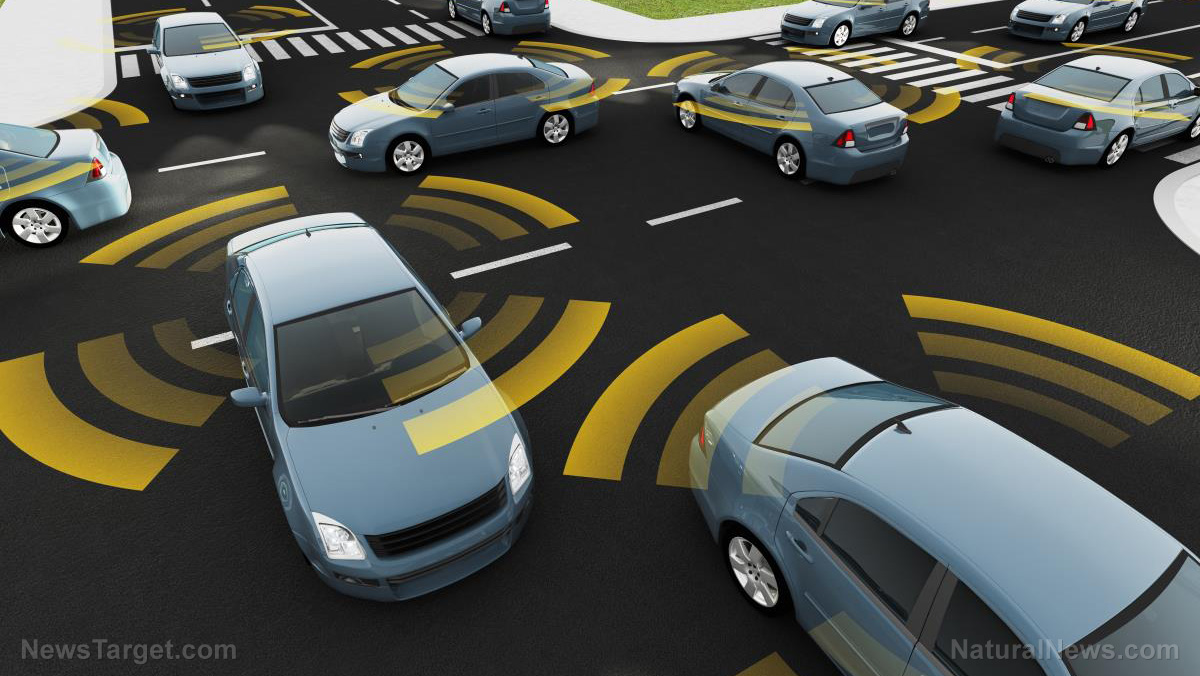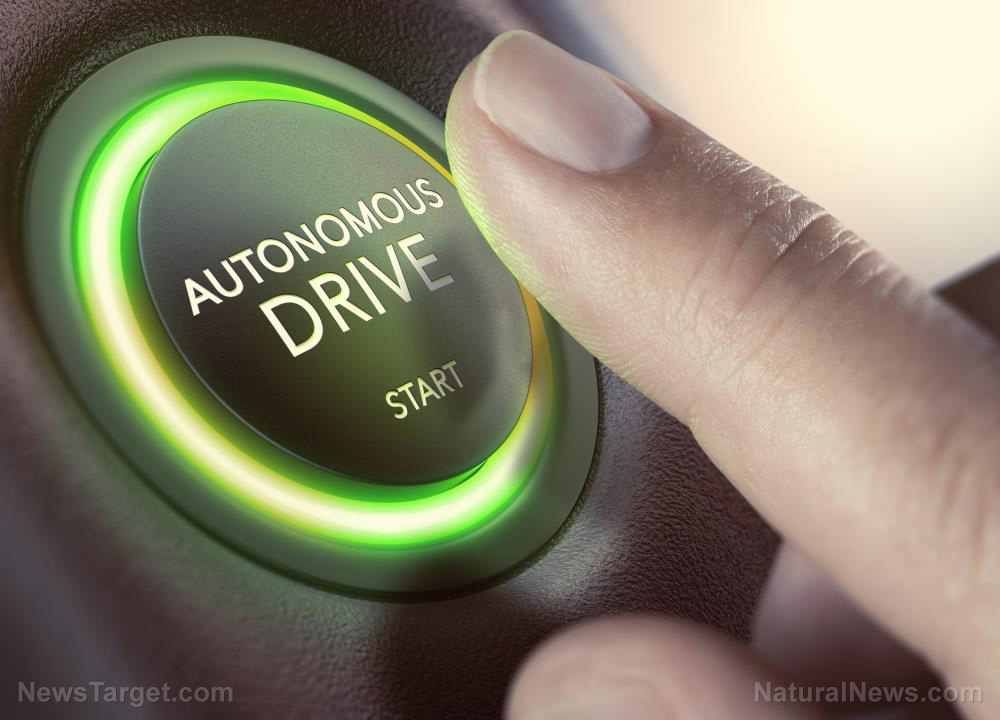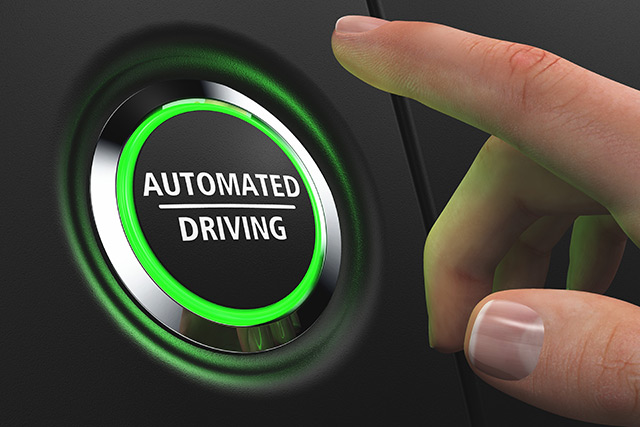
However, multiple tests must still be organized to ensure driverless trucks are safe before they can be approved on the roads and highways. Self-driving trucks are managed using radars, laser scanners, cameras and GPS antennas that connect with piloting software.
According to Pierre-François Le Faou, trucking partner development manager at Waymo, the self-driving group at Google's parent company Alphabet, each time they drive a mile or a kilometer in real life, they re-simulate a thousand more times on the computer by changing hundreds of parameters. (Related: Google gives driverless cars the green light for business, but are we really ready for AI piloted vehicles on our roads?)
And Waymo is not alone in the driverless business because Embark Technology, a self-driving technology startup, is also operating an autonomous trucking lane between Houston and San Antonio. Aurora, which is co-founded by a former Waymo worker, will also start three terminals and a new 635-mile (1,000 kilometers) route in Texas this year.
None of the three companies agreed to show one of its vehicles to media – a sign of competitiveness in the autonomous trucking industry.
"I think that everybody who is in the autonomous trucking business is in Texas. Even if they don't advertise it," said Srikanth Saripalli, director of the Center for Autonomous Vehicles and Sensor Systems at Texas A&M University.
Texas proves friendly to driverless vehicles
The corporations didn't land in Texas by accident, as the state has the biggest number of truck drivers aside from having many qualified engineers. The sunny climate of the state is also great for the trucks' sensors, and Mexico exports 85 percent of its cargo to Texas by road.
Houston and Dallas, two of the largest cities in Texas, are primary freight centers and the state's level distances are perfect for long-haul transport.
Local legislation in Texas is also friendly to driverless vehicles. Texas passed a law in 2018 that basically gave autonomous cars a similar status as conventional vehicles. "You need insurance and you need to follow the rules of the road, but other than that Texas does not impose any other regulations," said Saripalli.
With trucking being an essential part of the U.S. economy, corporations view self-driving as a way to reduce risk and cut costs because autonomous vehicles don't require mandatory breaks and don't get tired.
According to Aurora, it will take a person three days to drive a truck from Los Angeles to Dallas while a self-driving huge truck based on its estimate will complete the trip in 24 hours.
It will be almost twice as cheap since the per-mile cost would drop from $1.76 to $0.96 if the truck is driverless.
Embark Technology CEO and co-founder Alex Rodrigues said that self-driving trucks will be critical in fighting the present shortage of long-haul truck drivers in the U.S., some of whom are not willing to be away from their families for weeks.
"Right now, there are containers sitting in the port of LA not getting moved," Rodrigues said.
Rodrigues said the self-driving truck industry will build "attractive" jobs for local drivers, who will manage the autonomous trucks at transfer points and drive them to their eventual destination points.
However, around 294,000 trucking jobs would be endangered by the industry's automation based on a 2018 study done by Steve Viscelli, a sociologist at the University of Pennsylvania and an expert on freight transportation and automation.
According to Viscelli, the disruption to the industry will be severe.
"I've identified two segments that I think are most at-risk. And that's refrigerated and dry van truckload with about 200,000 trucking jobs. And then there's what they call line haul with 80,000-90,000 jobs," Viscelli said.
Truckers cautious of driverless technology
Meanwhile, truckers are cautious of the new technology, especially how it will react when a human, like a police officer, gives orders on the road during an emergency.
The companies of the driverless vehicles said that they are working on all the possible scenarios but won't disclose their business secrets.
Sam Loesche, a representative for the Teamsters and 600,000 truckers, said that it's going to be a problem. He believes that there isn't enough federal, state or local government supervision on the new technology.
"A lot of this information, understandably, is proprietary. Tech companies want to keep secret until they can kind of get it right. The problem is that, in the meantime, they're testing this technology next to you as you drive down the road," Loesche said.
Watch the video below to know more about AI-driven vehicles.
This video is from the Opposing the Matrix channel on Brighteon.com.
Follow Robots.news to know more about robots and AI technology.
Sources include:
Please contact us for more information.























